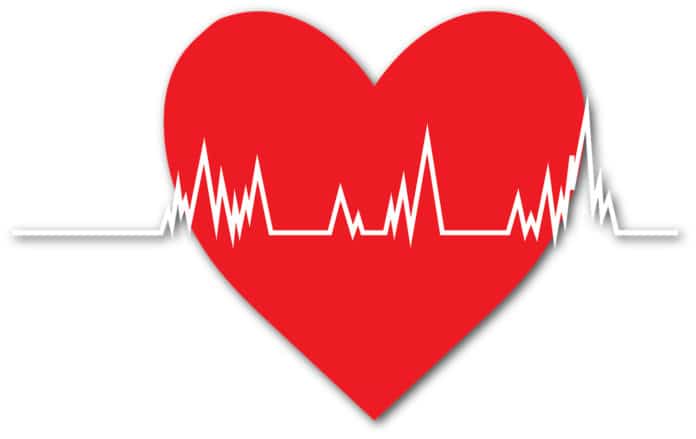A new study determined the correlations between heart failure and new cancer development in a total of 100,124 patients with heart failure and 100,124 individuals without heart failure. The average age of the study population was 72.6 years, and 54% were women.
None of the participants had cancer at the start of the study. Statistical models were used to examine the association between heart failure and cancer incidence over ten years.
During the 10-year observation period, the cancer rate was higher among heart failure patients (25.7%) than those without heart failure (16.2%). In women, the disease frequency was 28.6% in patients with heart failure and 18.8% in those without heart failure. In men, the relating rates were 23.2% and 13.8%.
Scientists found a strong correlation between heart failure and all cancer types assessed especially, for cancer of the lip, oral cavity, and pharynx, with a hazard ratio of 2.10, followed by respiratory organ cancer, with a hazard ratio of 1.91.
The hazard ratios for other sites were 1.86 for female genital organ cancer, 1.83 for skin tumors, 1.77 for lymphoid and hematopoietic tissue cancer, 1.75 for digestive tract cancer, 1.67 for breast cancer, 1.64 for genitourinary tract cancer, and 1.52 for male genital organ cancer.
Dr. Mark Luedde of the Christian-Albrechts-University of Kiel and Cardiology Joint Practice Bremerhaven, Germany, said, “Our results allow us to speculate that there may be a causal relationship between heart failure and an increased rate of cancer. This is biologically plausible, as there is experimental evidence that factors secreted by the failing heart may stimulate tumor growth.”
“While heart failure and cancer share common risk factors such as obesity and diabetes, these were accounted for in the analysis by matching. It should be noted that our database does not include information on smoking, alcohol consumption, or physical activity, so we were unable to match for these in the analysis.”
“It is common practice for cancer patients who have received heart-damaging drugs to be monitored for heart failure. Conversely, evidence is accumulating to indicate that heart failure patients could benefit from intensive monitoring for cancer development – for example, through screening.”
Journal Reference:
- Christoph Roderburg et al. Heart failure is associated with an increased incidence of cancer diagnoses. DOI: 10.1002/ehf2.13421
